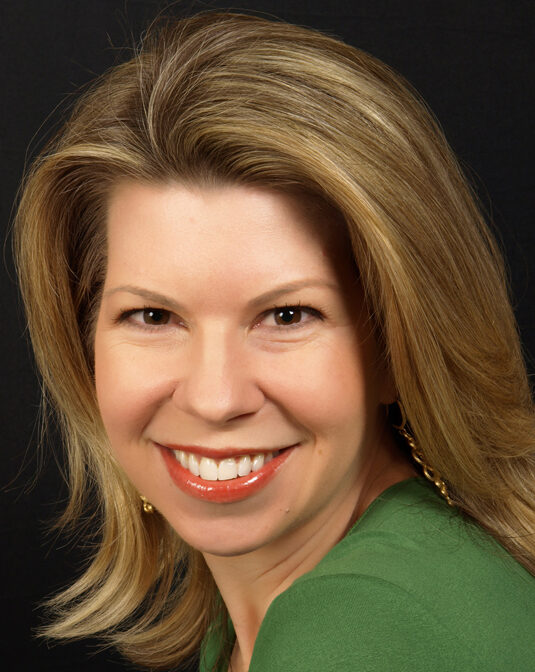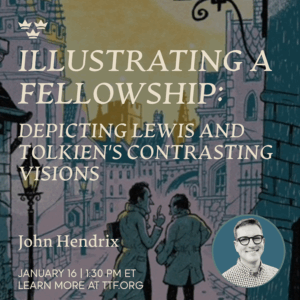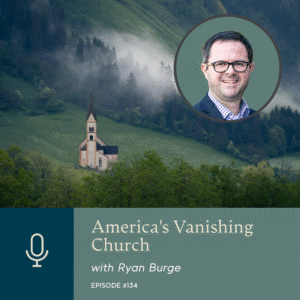Practicing the Way with John Mark Comer
May 4, 2024
Overview
Speakers
-
 JOHN MARK COMER
JOHN MARK COMER -
 CHERIE HARDER
CHERIE HARDER
SHARE

